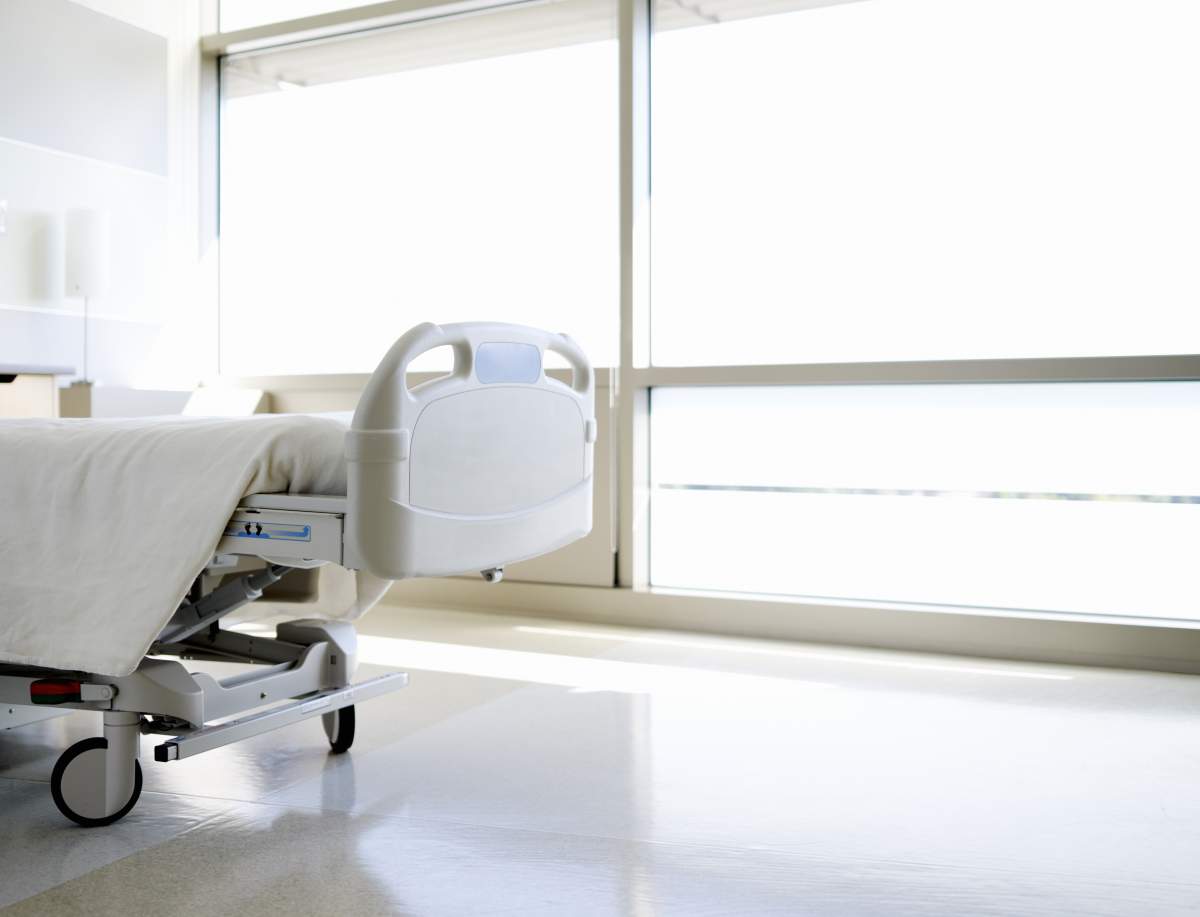Committed funding from the Saskatchewan government‘s provincial budget will see a total of 77 new mental health treatment beds be added in the province.

The government shared in a news release on Tuesday that funding from the 2019-2020 budget will provide about 75 of these beds across Saskatchewan.
The province is also putting $6 million towards annual funding which began during the 2020-2021 fiscal year. Funding allowed an additional two beds to be secured in Saskatoon.
According to the government, these mental health beds “offer client-centred services for people who have severe and persistent mental health needs.” The beds support people with mental health challenges and reduce the use of emergency rooms, police holding cells, homeless shelters and mental health beds in hospitals.
“Residential beds are an important support for people experiencing mental health challenges that allow them to continue living in the community and to their fullest potential,” stated Mental Health and Addictions Minister Everett Hindley. “These new beds help fulfill our commitment to increasing mental health care services in Saskatchewan.”

The new mental health beds are now open in community-based organizations which offer psychiatric rehabilitation services.

Get weekly health news
Phoenix Residential Society in Regina provides 10 intensive residential mental health beds and 15 less intensive residential mental health beds.
Lighthouse Supportive Living in Saskatoon has five intensive residential mental health beds and 20 less intensive beds. Five intensive mental health beds are also located at the Crisis Intervention Service/Saskatchewan Native Rental, while the Saskatoon YWCA provides four less intensive beds.
North Battleford’s Edwards Residential Society was chosen to provide eight less intensive residential mental health beds.
The new beds in Saskatoon, Regina and North Battleford are currently operational.
Beds were also allocated for the YWCA in Prince Albert which will provide six intensive residential mental health beds and four less intensive beds. They are expected to be operational by March 2022.
“People living with and recovering from mental illness sometimes experience housing insecurity that is a barrier to their recovery,” said Colleen Quinlan, who serves as the Saskatchewan Health Authority’s executive director of mental health and addictions for urban areas.
“The organizations providing these supported living arrangements are welcoming and understand the challenges people living with a severe mental illness face. They can support individuals as they focus on recovery goals that maintain optimal living, and help them work through barriers that challenge their stability.”
The government said these beds are available through referral by mental health professionals.








Comments